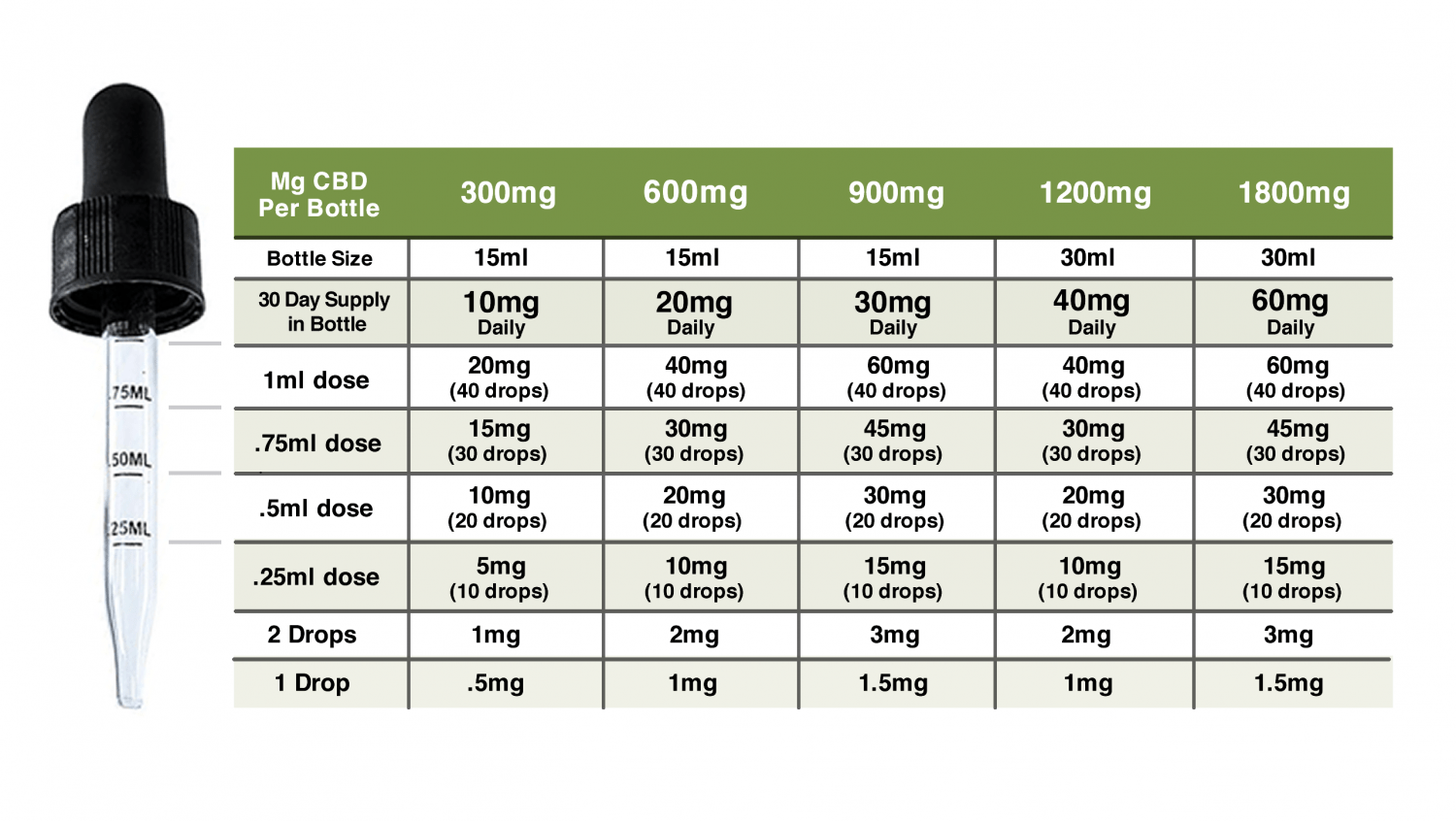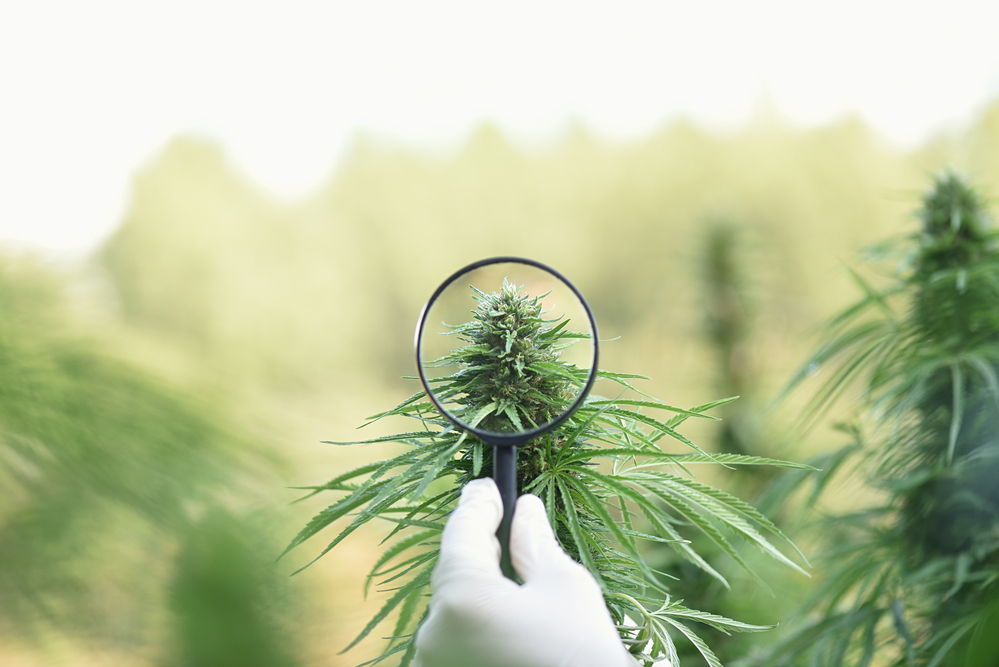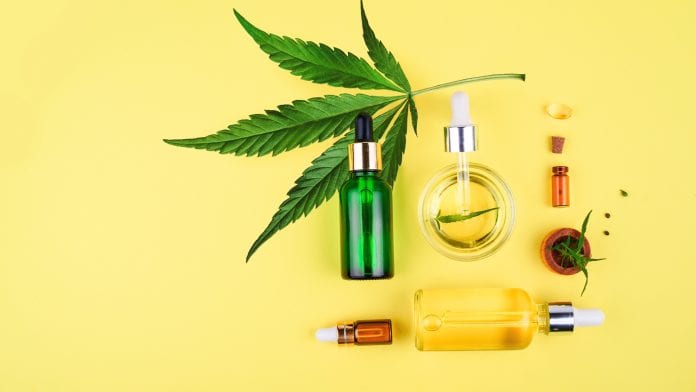
There are two types available for creating hash oils: fresh and dried plant materials, and dried plant material. The fresh plant material contains THC or CBD in the carboxylic acid format, which is not well soluble in some solvents. THC/CBD are removed during drying and heating to make it suitable for processing into hash-oil.
Butane hash oil
Butane-heavy oil (BHO), which is a fast and cheap way to make marijuana oil, can be used. This method is also more sustainable because it uses non-toxic, organic materials. It is also very efficient and yields high levels of THC. This makes BHO extremely popular, and it is one of the most affordable methods for making it.
To make BHO, you need to first remove any organic plant matter that has remained after a batch of cannabis buds has been harvested. This can be done by vacuum-pumping the oil. If the BHO still looks cloudy, you may need to purge it more. A lighter can be used to light a BHO slab. If the sponge crystallizes, the BHO extraction process is successful.
Full spectrum hash rose
Full spectrum hash rose is a concentrate that is made from the cannabis plant's flowering part. This rosin is well-known for its high terpene count and ease of use. It can range in consistency from a thick pudding-like substance, to a soft dough. It depends on the strain used and the starting material to determine the exact consistency. Some strains have a more intense flavor than others.

A dry sift process is possible to extract full spectrum hashrosin. This involves placing trichomes inside bags and applying heat/pressure. The concentrate is solvent-free and contains a variety cannabinoids.
Cannabis TCH
TCH hash is an extract from the cannabis flower. THC and CBD don't have any psychoactive effects, but they do have side effects. They can cause memory loss, coordination problems, and decreased vigilance. As such, it is important to choose a product that contains less of these chemicals.
TCH hash oil, also known as cannabis TCH, is a highly concentrated extract taken from the cannabis plants. It can get users high very quickly. Due to its golden color, honey oil is commonly called honey oil. It can be used for therapeutic purposes and is thought to lower stress and pain. It is available in the form of tinctures, balms, and edibles, and can be dabbed or vaped.
Marijuana THC
Marijuana THC hash oil is a type of cannabis extract that has a high THC content. This extract is made from plant material using various solvents. These solvents can have an impact on the oil's appearance and odor. Depending on how the oil is processed, it can turn from an amber color to a dark brown. Although it usually contains around 15% THC, the exact THC content may vary. To increase the THC content, dealers may mix hash oil with other oils.
Closed-loop production is the norm for cannabis extracts. The system includes a solvent vessel, material column for holding the plant material, as well as a flow meter that measures the volume of solvent. These products are separated by heat exchanger into free cannabinoids, and other byproducts.

Illegal production or hash of butane
Illegal production and distribution of butane hash oil, also known by butane ganja is a growing problem within the United States. This chemical is used in marijuana cultivation and manufacturing and is considered illegal except in areas where it is permitted through regulation and licensing. This method of producing hash oil can ignite and catch fire, which could pose a danger to lives and property. Anybody who attempts to make butane hash oil by this method may be charged with a felony.
Recent years have seen an increase in the use of marijuana concentrates. Butane has been particularly popular. These products are commonly used in dabbing and offer a distinct alternative to traditional cannabis use. These products contain high levels of unpurged butane. Unpurged butane is susceptible to ignition by sparks and static electricity. This can result in serious burns. It is crucial to use closed-loop extractors in commercial settings.
FAQ
Which states have the highest CBD consumption?
California, Colorado and Oregon are the top three states. These states have large numbers, high incomes, and low rates of unemployment. These states also have higher amounts of hemp farms than other States.
California leads the way because its economy is heavily based on agriculture. It produces much of the nation's fruits and vegetables. Because cannabis comes from the same plant that hemp, this makes sense.
Oregon and Colorado closely follow because both countries produce marijuana for medicinal purposes. California is the only state that allows recreational marijuana use, but these two states are not.
Other highly ranked states include Washington and New York, Florida, Illinois. Pennsylvania. Mississippi.
What conditions can CBD treat?
The most important thing for any treatment to have an effect on is the person's health condition. You must have a prescription from a doctor before you use cannabis oil as medicine. If you don't have a doctor's prescription, it is illegal to use cannabis products.
A prescription is not necessary if cannabis oil is being used as part of a healthy lifestyle. However, you may want to talk to your doctor first just to make sure they agree that it would be safe for you to take it.
Cannabis oils are made from either whole plant extracts or isolated compounds called cannabinoids (THC and CBN). There are many types of cannabinoids in cannabis oils, including cannabidiol and tetrahydrocannabinol.
These components interact with receptors found throughout the body to create effects including pain relief, stress reduction, and anti-inflammatory and antioxidant properties.
Is the CBD market saturated?
CBD industry is growing at over 25% per annum. This growth rate is expected to continue at least for five more years. In fact, the industry is projected to grow from $2 billion today to $5 billion by 2020.
Two companies are currently dominating the CBD market - GW Pharmaceuticals & Canndoc Ltd. Both companies are focused on the development of pharmaceutical-grade CBD products. They have not been very effective so far. Both are struggling in the marketplace to gain traction.
Cannabidiol or CBD is a form of cannabis extract with less than 0.3% HHC. It does not cause any psychoactive effects. It is used for treating epilepsy and other medical conditions. It is also commonly used as a dietary supplement.
There are many varieties of CBD products. Some CBD products are made with whole plants extracts, others use CBD isolates.
These products share one common feature: they all contain low levels of THC.
They are thus legal under US federal legislation. But, you still have to adhere to local laws when selling CBD products. Always check your state's laws regarding CBD products.
Additionally, CBD products can be illegal in several states. These include California, Colorado, Florida, Mississippi, Missouri, New York, North Carolina, Ohio, Oklahoma, Oregon, Pennsylvania, Rhode Island, South Dakota, Texas, Utah, Virginia, Washington, and Wisconsin.
CBD products are not recommended for people who live in these states.
Is there any evidence that CBD helps with anxiety?
CBD oil can be used to treat anxiety. It interacts with CB1 receptors and CB2 receptors in your brain. The endocannabinoid process regulates stress responses and mood.
CB1 receptor activation occurs when our bodies feel anxious. When activated, the receptor sends signals back to the amygdala that is responsible for emotional processing.
If the CB1 receptor becomes blocked, the brain doesn't get the signal to express emotions. CBD users experience less negative emotions.
A 2017 study revealed that CBD lowers anxiety in patients suffering from social phobia. Another study concluded that CBD had a positive effect on symptoms of PTSD.
A 2018 review concluded CBD's anxiolytic qualities could be helpful in treating generalized anxiety disorder.
Another study concluded that CBD may help with panic attacks.
However, multiple studies have shown that CBD does increase anxiety in mice.
According to the researchers, this discrepancy between animal and human data may be due in part to differences in CBD's effects on humans and animals.
CBD does not have any safety data. Experts are unanimous that CBD is safe if used as directed.
Is the CBD industry growing?
The answer is yes! And this growth is expected to continue into the future as legalization spreads across North America. Canada has legalized recreational marijuana use in the past year, and several states have passed laws regarding medical marijuana.
This trend will likely continue for at least another decade as more states pass legislation allowing access to medicinal marijuana.
Economically, legalizing marijuana makes economic sense. Legalizing pot offers many benefits beyond providing a lucrative market alternative for farmers.
For example, it could help reduce crime rates by reducing the availability of illegal drugs. It could also provide a source of tax revenue for governments.
People will likely choose to consume less alcohol as they become more comfortable with legal marijuana. This would reduce hangovers and increase health care costs.
People with chronic pain may also find marijuana to improve their quality life. Many believe that THC (the active ingredient in marijuana) helps to relieve the symptoms of nausea and muscle spasms associated with chemotherapy.
It is possible that marijuana could be used to treat mental disorders such as anxiety or depression. According to some studies, marijuana can be used to treat schizophrenia.
Even though the CBD sector looks bright, there are still many challenges.
Statistics
- A recent systematic review of human trials also reported that individuals with epilepsy receiving CBD (5–20 mg·kg−1·day−1) were more likely to experience decreased appetite than those receiving placebo (i.e., ~20 vs. 5% of patients) (ncbi.nlm.nih.gov)
- The inhibition of FAAH is predicted to lead to an increase in brain and plasma concentrations of AEA, which acts as a partial agonist at CB1R and CB2R, thereby increasing endocannabinoid tone [92, 110]. (ncbi.nlm.nih.gov)
- A recent study [161] also found that in vitro CBD treatment (i.e., ≤ 2 h exposure to 10 μM) induced ~40% vasorelaxation in isolated (pre-constricted) (ncbi.nlm.nih.gov)
- OralWhere HED is the human equivalent dose, and Km is a correction factor estimated by dividing the average body mass (BM) of the species (60, 0.020, and 0.150 kg for 11 humans, mice, and rats, respectively) and by its surface area (see: Nair et al. (ncbi.nlm.nih.gov)
- As a substance that was federally illegal before the passage of the 2018 Farm Bill, hemp-derived cannabinoids with no more than 0.3% THC still face a regulatory grey area. (forbes.com)
External Links
How To
What are the issues that the CBD industry faces?
The market for CBD products continues to grow at an amazing rate. However, this market is still full of challenges for businesses that want to expand. These include lack of consumer awareness and high costs of entry, limited capital access, and regulatory uncertainty.
Many consumers do not know what CBD is or how it works. This means they are not able to make informed choices about whether or no to purchase CBD products.
Many CBD companies depend heavily on word of mouth marketing. This can be costly as it involves advertising and staffing to promote the brand.
Another issue facing new entrants into the CBD industry is the high cost of production. CBD products require a lot of raw materials. CBD oil can only then be produced if the hemp has been grown in a specific environment.
Growing enough hemp to make CBD oil takes around $1,000 per acre. Many small farmers can't afford to begin.
A lack of capital access is another issue that new entrants will face in the CBD marketplace. Many people who want to start a business are discouraged by banks due to the stigma associated with the industry.
There is also regulatory uncertainty around the sale of CBD products. There are currently no guidelines on how CBD products should marketed.
Despite some states having passed laws restricting the sale CBD products, this is not yet a national policy.
Only Nevada, Maine, and Nevada have legalized recreational pot.
However, some states like Massachusetts and Michigan are considering similar measures.
These changes could lead to increased competition between CBD manufacturers.
These factors lead to many entrepreneurs choosing to work from their home instead of starting a physical company.